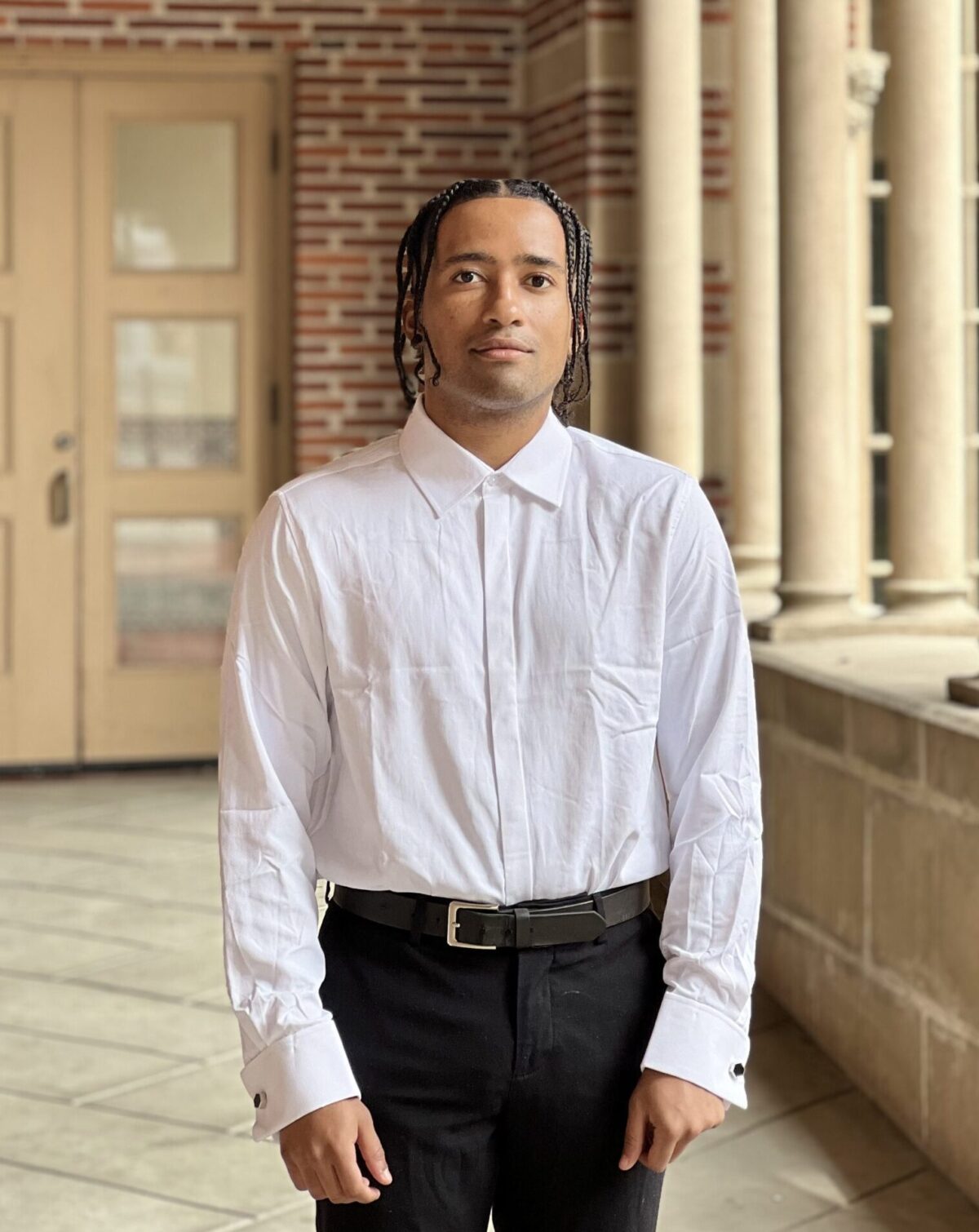Major and Classification
Majoring in Cognitive Science with a Minor in Applications of Artificial Intelligence
Faculty Mentor
Dr. Leor Hackel – USC Dornsife, Department of Psychology
Department
USC Dornsife, Department of Psychology
Research Gateway Project
Modeling Meta-Perception Dynamics in Real-Time Social Interactions
Project Abstract
Feeling accepted by others is a fundamental human motive and an essential component of successful social interactions. Although meta-perceptions—our perceptions of how others perceive us—are crucial in the formation of interpersonal closeness, there is limited understanding of how these perceptions are formed and evolve during initial social interactions. In this study, we model the dynamics of meta-perceptions within zero-acquainted dyads to investigate their relationship with perceived closeness and social information processing. Our method involves the Fast Friends procedure, where, over a 45-minute period, dyads (N = 37) engage in semi-structured conversations designed and validated to establish temporary feelings of closeness among strangers (Aron et al., 1991). Participants alternately engage in self-disclosure and provide self-reports on their feelings and thoughts, including closeness perception and meta-perceptions. We employed multilevel linear regression to examine how meta-perceptions impact perceptions of closeness and how default expectations and evaluations throughout the course of a conversation shape the trajectory of meta-perceptions. Next, observational coders (N = 199) made continuous ratings of videos of the original dyadic conversations to assess how interested participants were in their conversation partner. We mapped the mental states of the dyadic conversations into a three-dimensional representational space through multidimensional sentiment analysis of fine-grained, second-by-second textual data. We then applied multilevel vector autoregression models to explore how the temporal dynamics of these mental states influence meta-perceptions. Through this study, we aim to clarify how meta-perceptions significantly influence interpersonal closeness and highlight the diverse trajectory of meta-perception across the interaction timeline, thereby providing deeper insights into the psychological mechanisms underpinning social bonding and factors contributing to loneliness.
